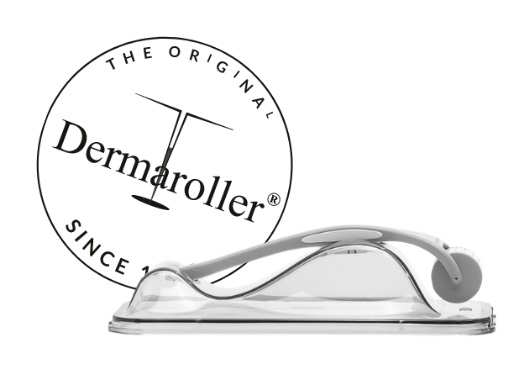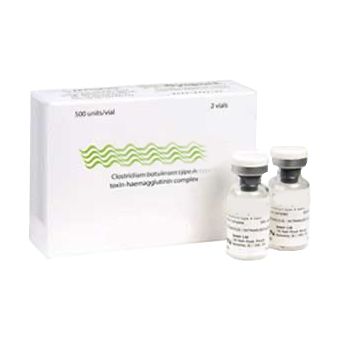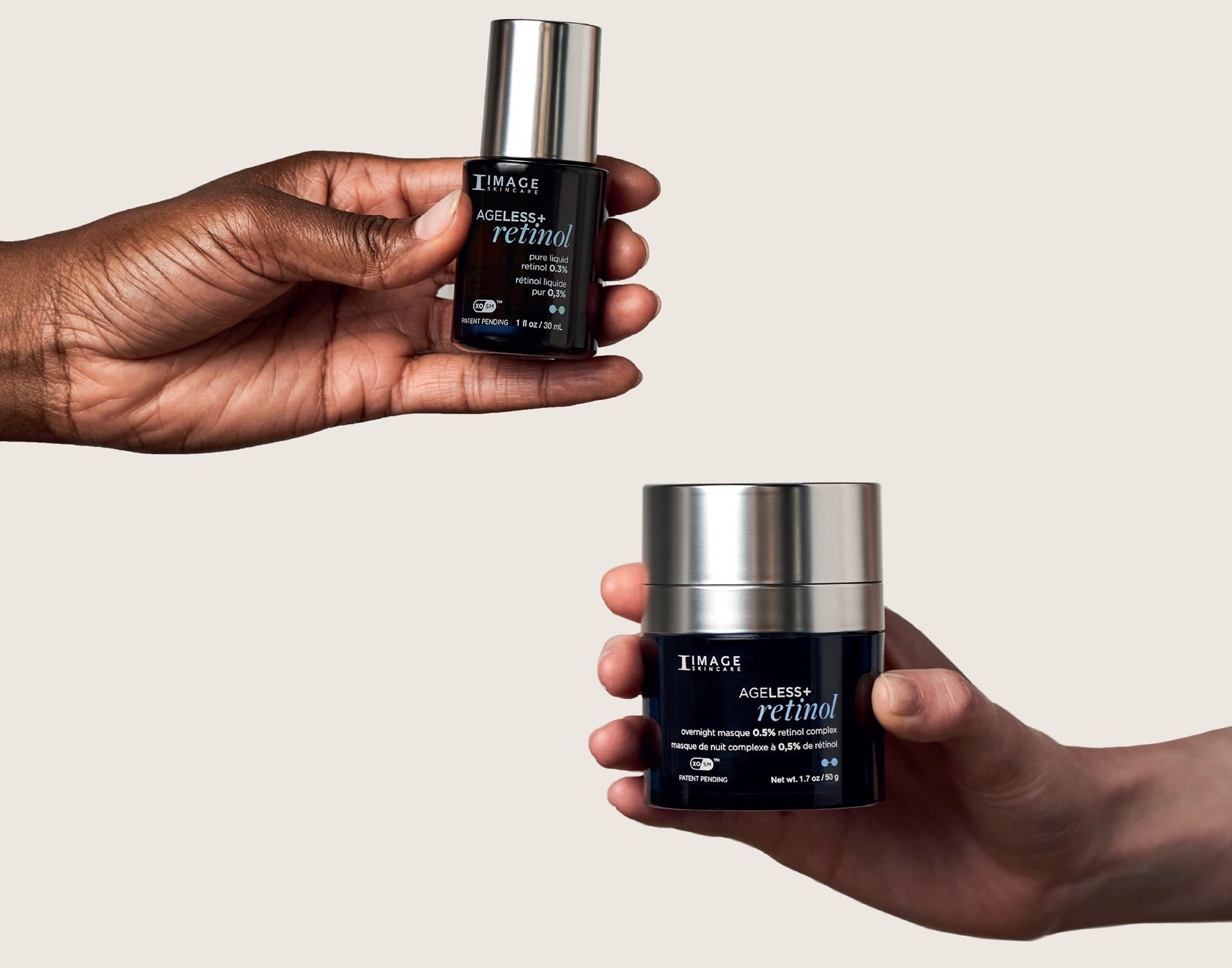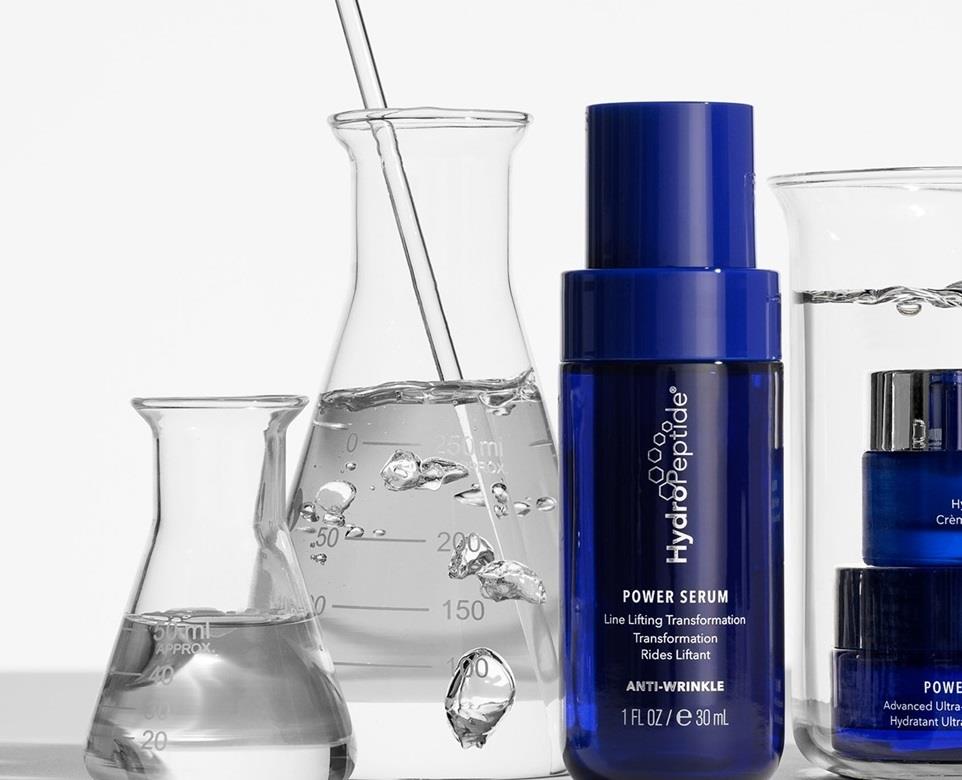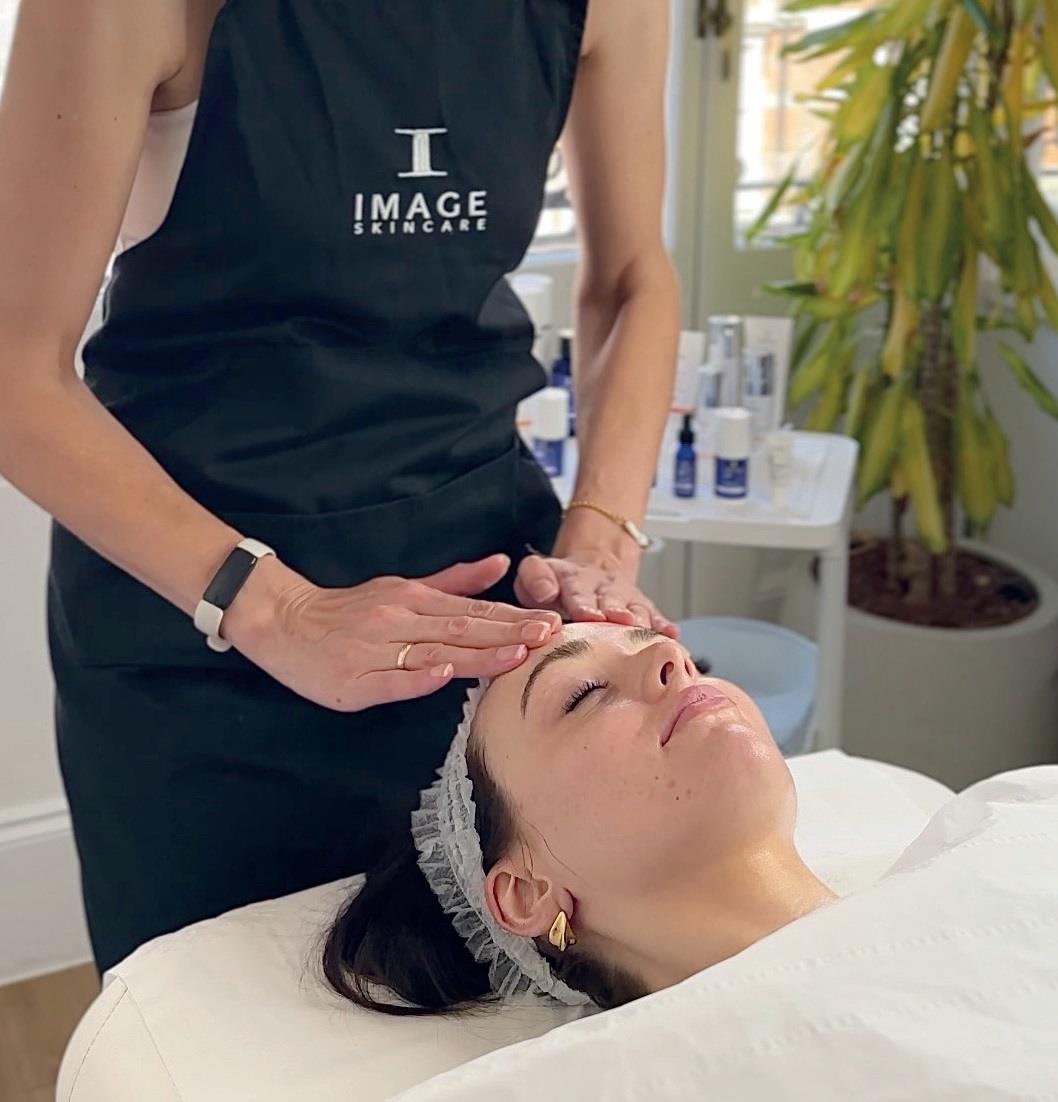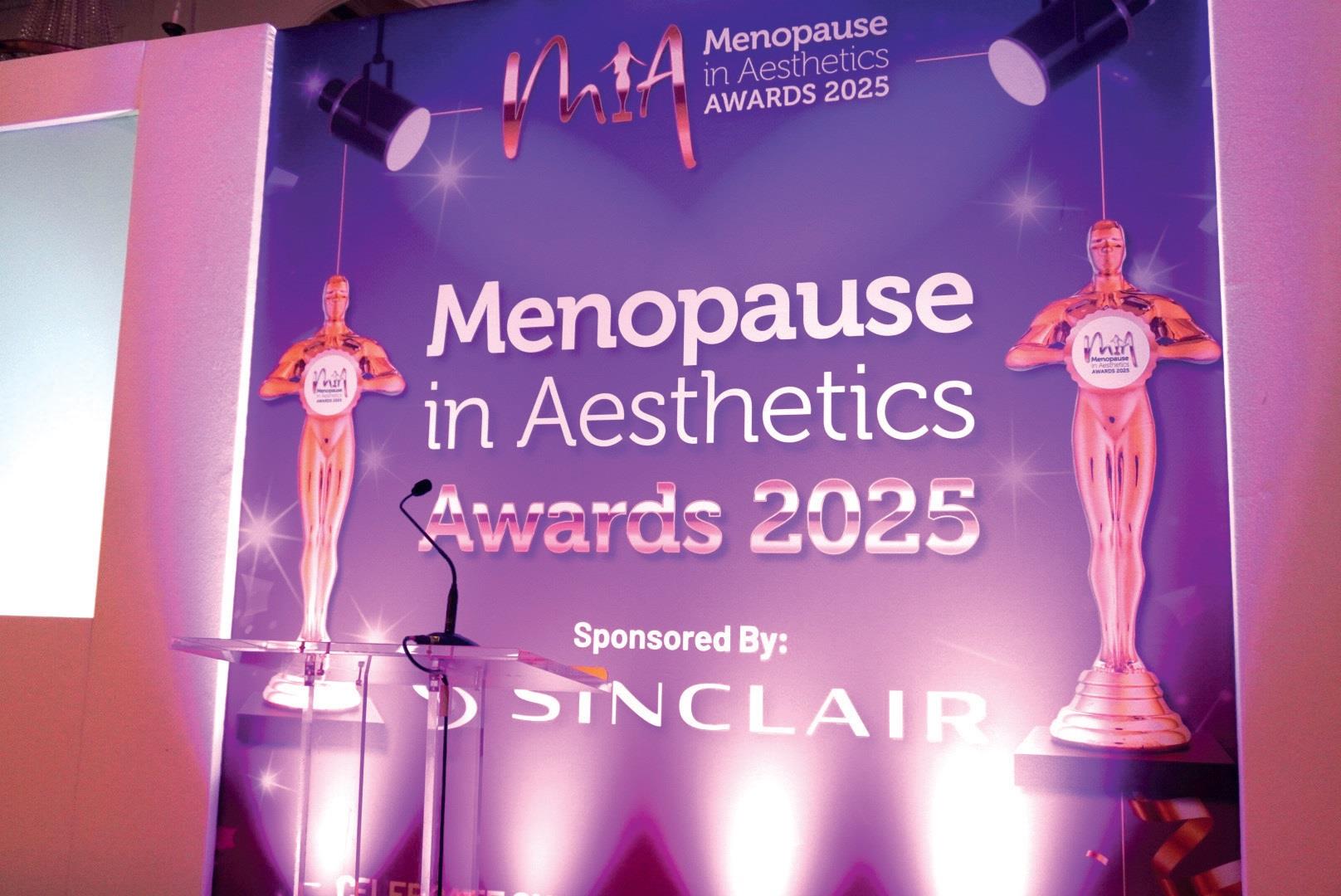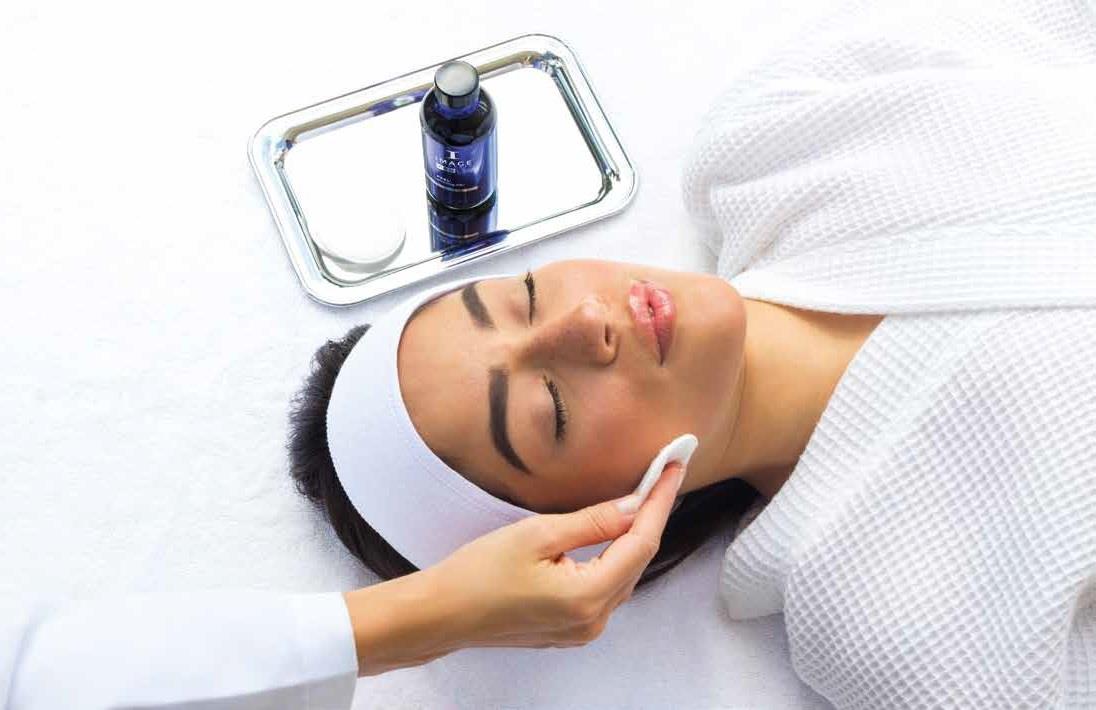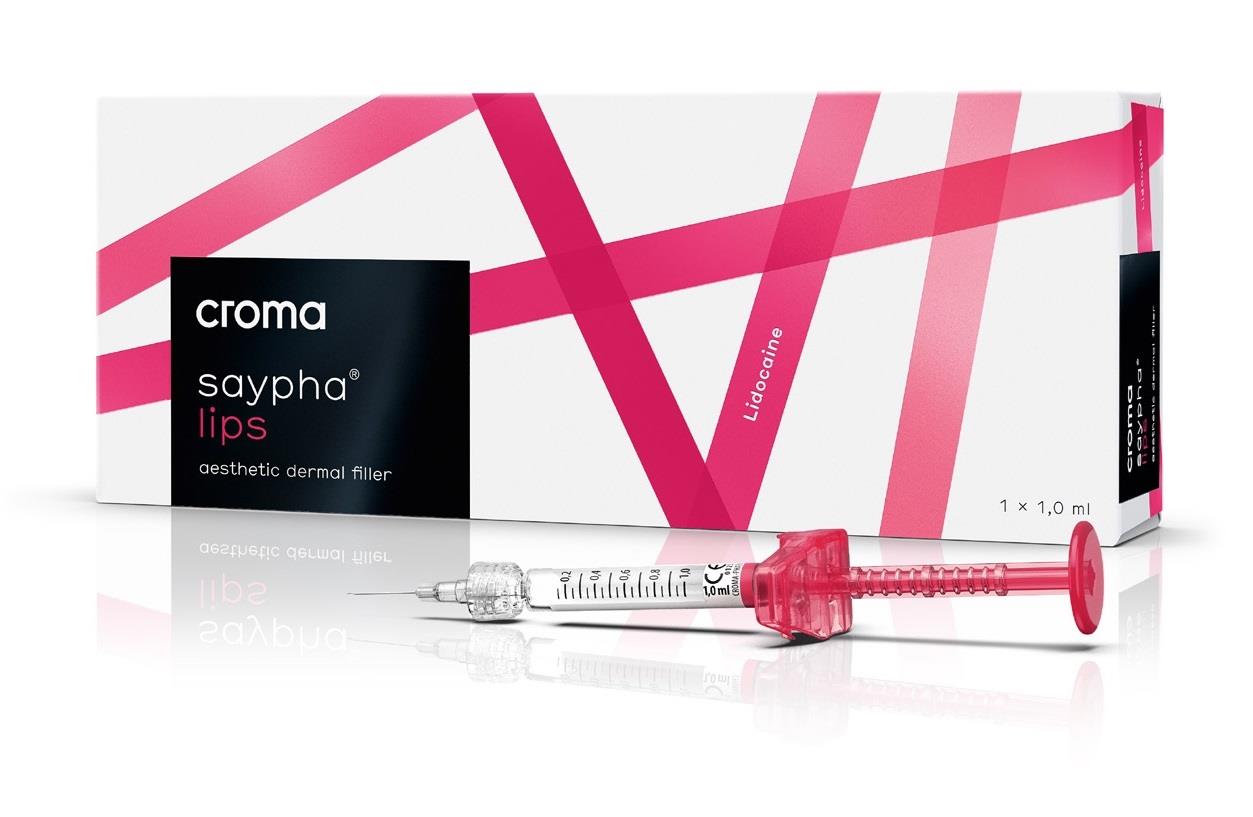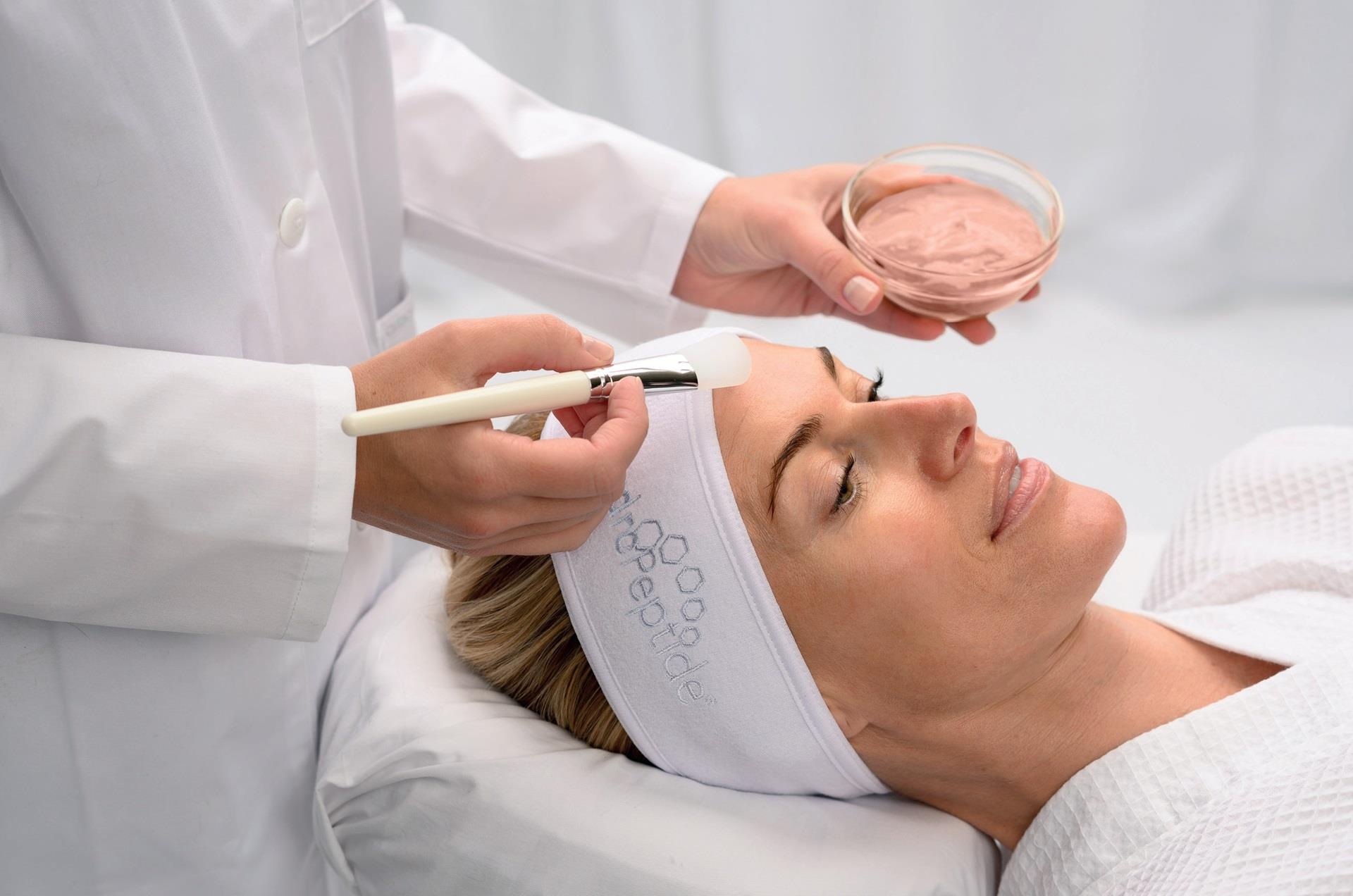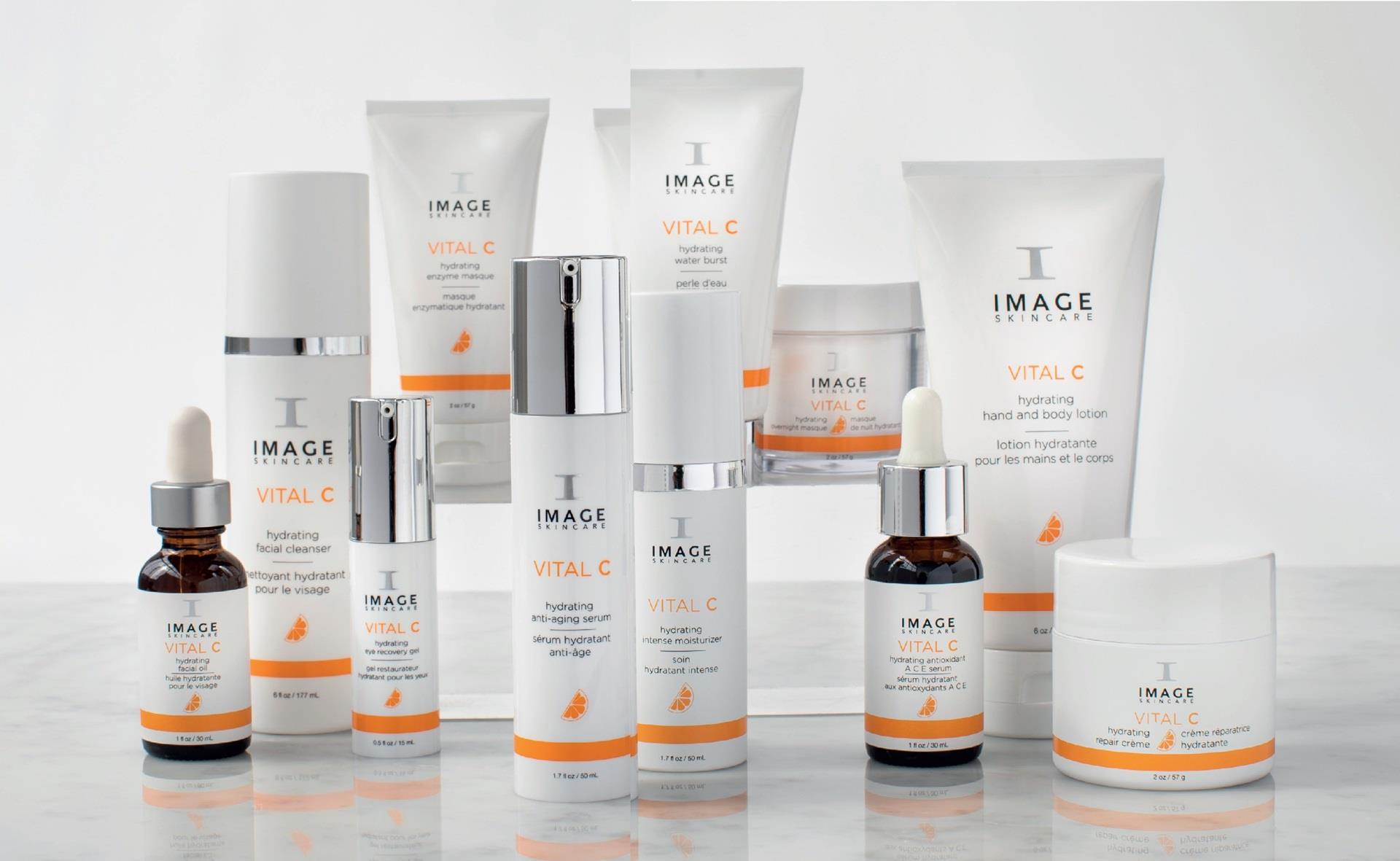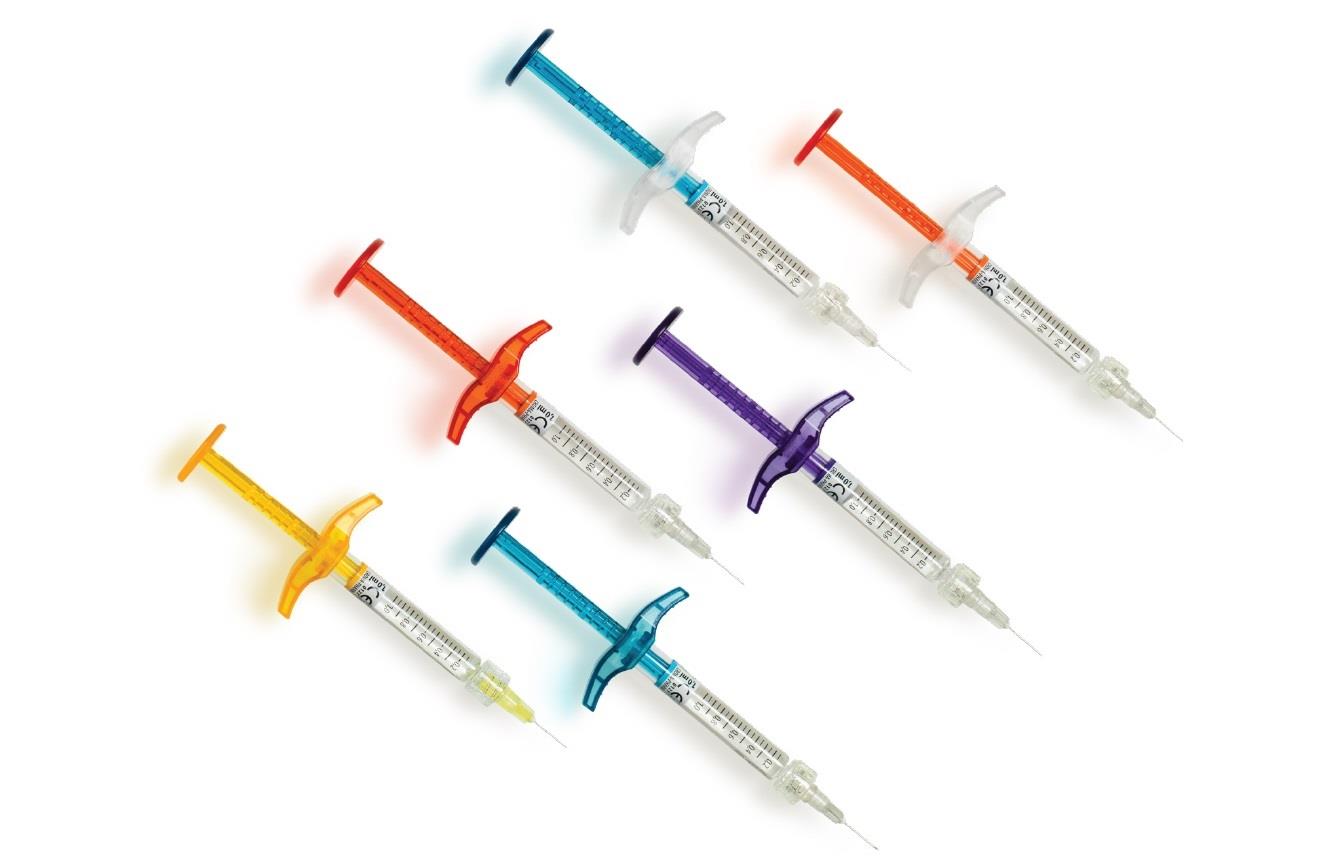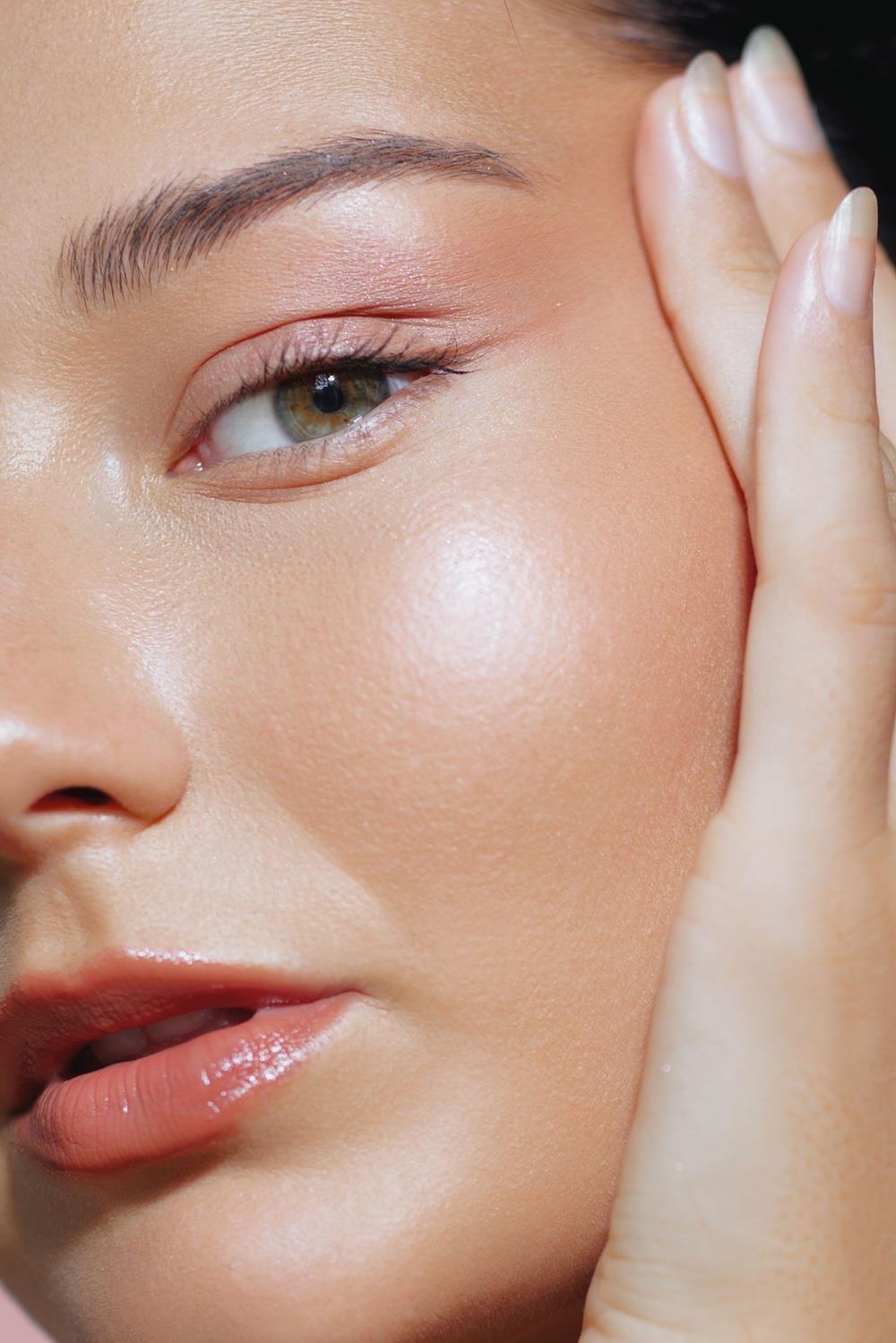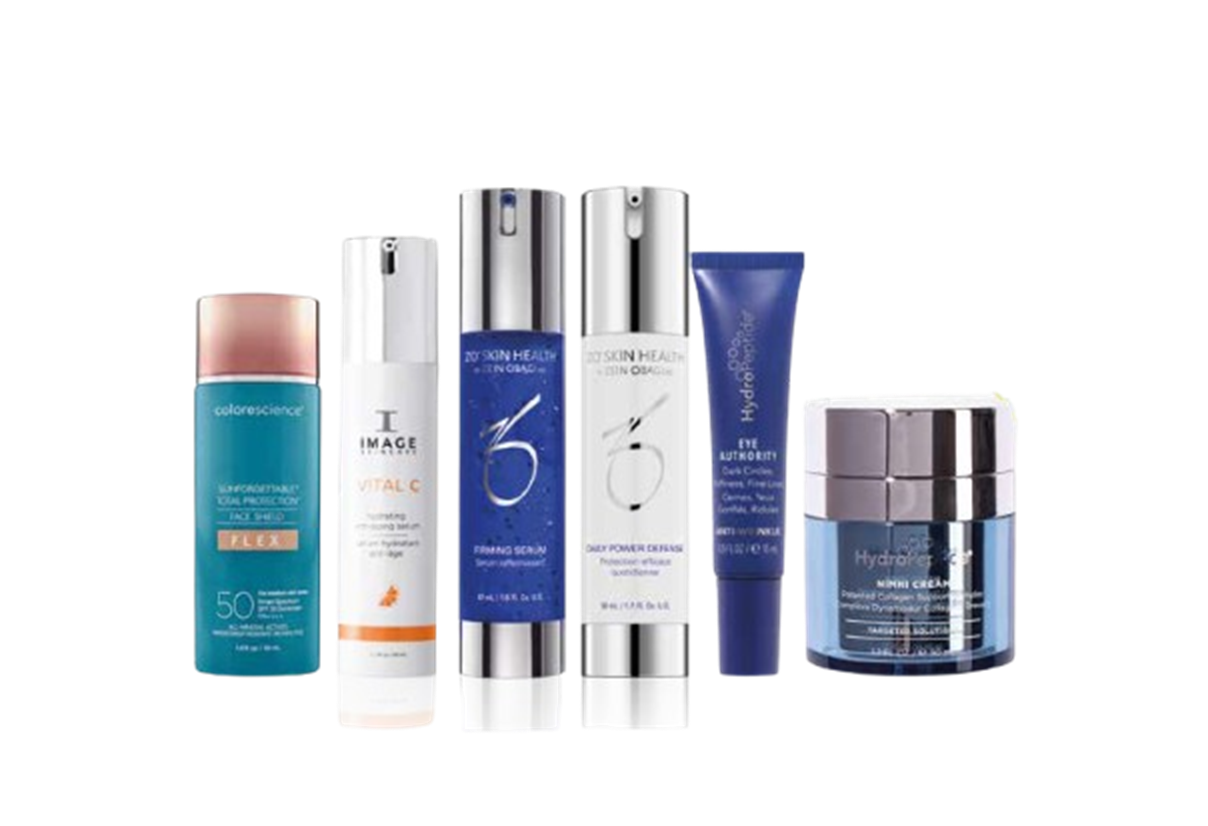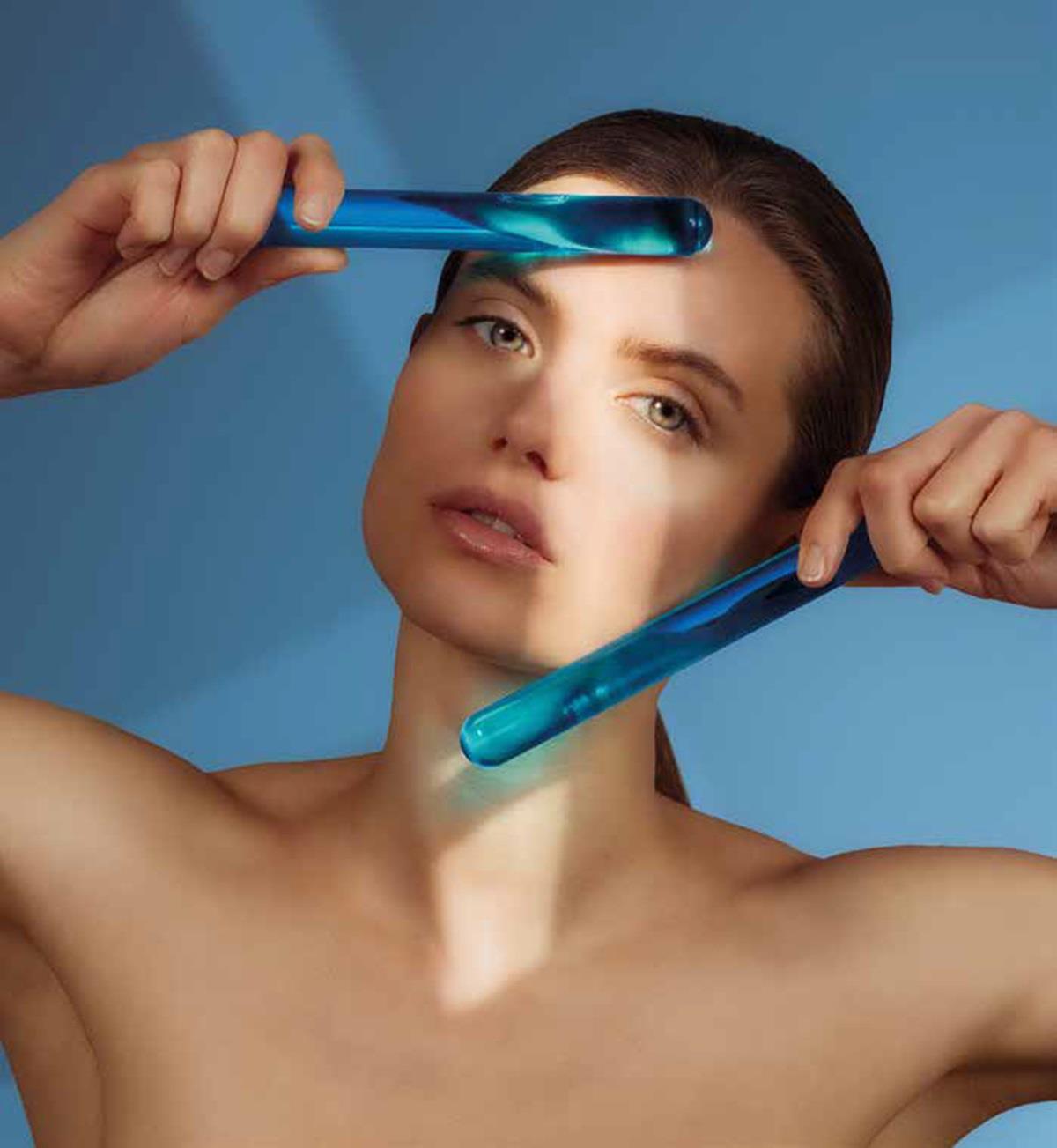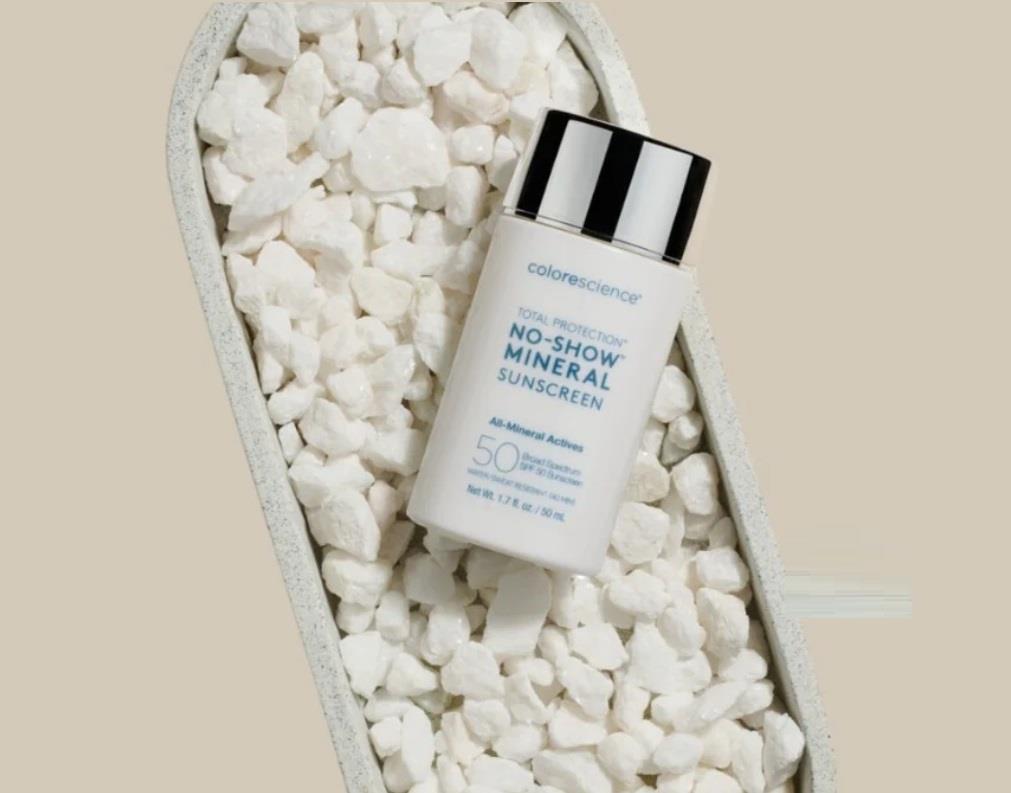
The CAG is currently focussing on two distinct areas, firstly the fundamental nature of aesthetic procedures in terms of their cosmetic or medical intent, and secondly, the safe and ethical supply of products, which is vital to patient safety, key to the ethical practice of regulated professionals, and a necessary focus in the drive for change in the broader perspective.
A dermal filler that has achieved medical device status, including the requirement for a stated medical purpose, has the further requirement in legislation that it is procured directly from a named UK distributor or from their nominated suppliers. Fillers regulated in this way usually benefit from significant research into safety and effectiveness prior to release. Importantly, the following benefits also apply:
Adverse incidents can be reported through a mechanism of post market surveillance which can identify and manage problems at the earliest opportunity.
The product is traceable. When a regulated dermal filler is purchased through an appropriate channel, the highest standards of quality control have been applied along the way, and this can be evidenced.
These factors represent an important contribution to safety. However, there are several routes available to deviate from this process, which could undermine patient safety.
Parallel imports
These products may be medical devices — the trusted brands familiar to all—however, they have been purchased outside of the normal supply chain and therefore lack any traceability or evidence of quality control. If, for instance, I purchase a well-known brand of dermal filler with a view to selling it on, perhaps keeping it in my bathroom cupboard or garden shed until I find a buyer, then traceability starts and stops with me, obviating any safety benefit that previously applied as the chain breaks. The buyer has no assurance with regard to quality control, how the products have been stored or handled, or if product integrity is compromised.
We are all familiar with branded products that may be obtained more cheaply from alternative suppliers, sometimes significantly so. We are equally familiar with competitors who can provide a treatment at less than cost price to us. Oftentimes parallel importing is the enabling factor, usually serving only for financial gain at the expense of safety.
Cosmetic injectables
Some dermal fillers do not specify a medical purpose and are not therefore medical devices. These so called ‘cometic injectables’ suffer a lack of safety regulation with remarkable implications. The following factors apply to this group of products.
At best, these products accord with a low-level product safety directive. They lack the research and evidence base for safety and effectiveness.
There is no requirement for post market surveillance and no mechanism in place for traceability. There is little that can be achieved from reporting adverse incidents with these products.
The ease with which these products can be introduced into the market is reflected in the alarming lack of expertise of those who choose to do so.
Again, the lower costs required to develop and supply this group of products is reflected in their price point. They are cheap, low-end products that lack a basic safety structure to support them.
To my mind the messaging is clear. As regulated practitioners we have a professional and ethical duty to source and supply only those products that meet regulated requirements. For dermal fillers this means purchasing class III medical devices from authorised distributors or reputable and registered pharmacies. Doing so and using those pharmacies with a proven track record of aesthetic expertise, such as Wigmore, provide both practitioner and patient alike with the assurance of safety that differentiates a regulated individual.
Finally, I would like to take this opportunity to communicate a message that MHRA have been at pains to stress. There is significant underreporting of adverse incidents, a point also dealt with in the recent GMC guidance in prescribing and handling medicines. Both these regulators remind us of our duty to report adverse incidents, including those caused by human error, and that we should also advise our patients how they might do the same. The MHRA ‘app’ might be useful for this purpose.
Andrew Rankin, RGN, is a trustee of the JCCP
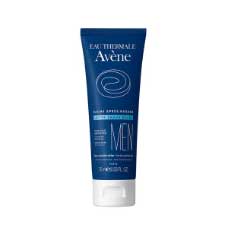
 Added to basket
Added to basket

 Unapplied Changes
Unapplied Changes


